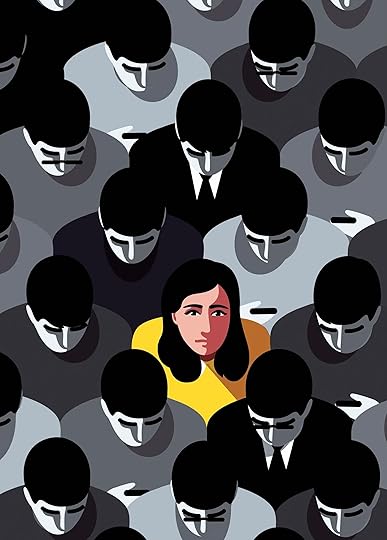What do you think?
Rate this book


335 pages, Kindle Edition
First published February 6, 2018


"The man who is one of the main architects of the culture of Silicon Valley in the last twenty years thinks giving women the right to vote has harmed democracy."